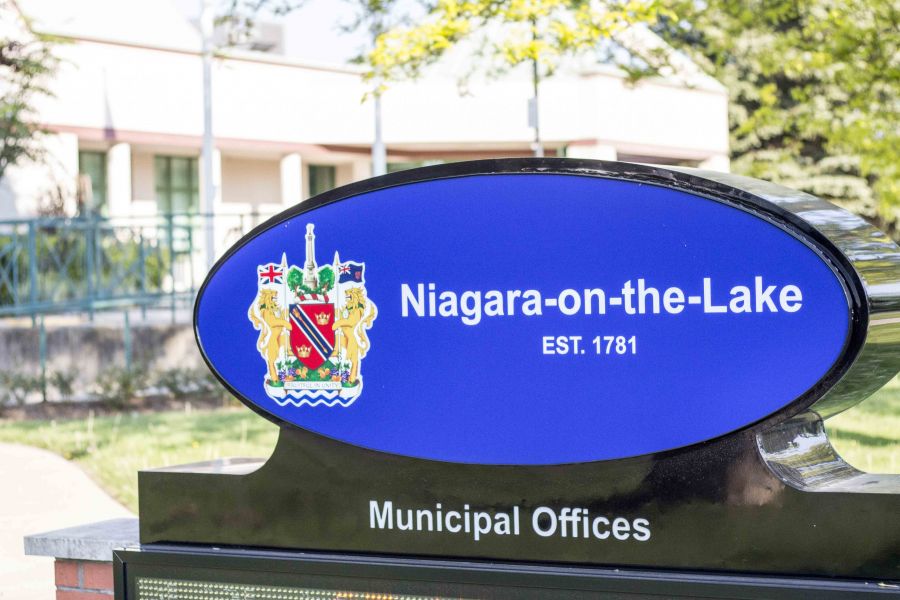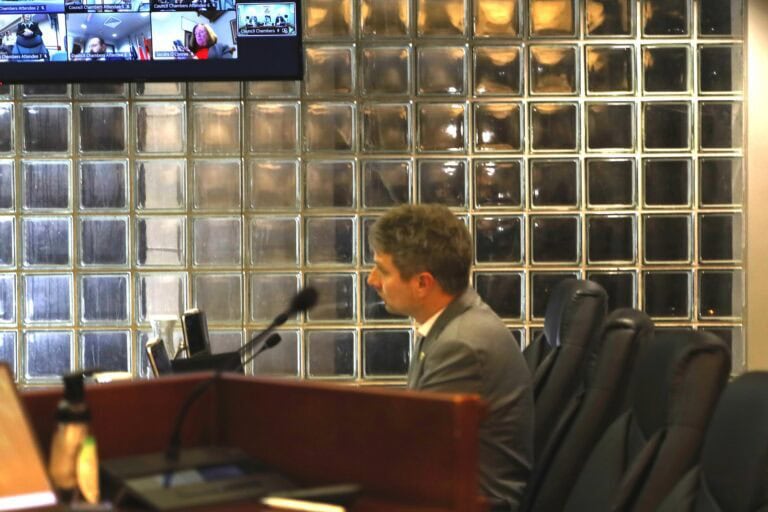Shortly after approving a tree bylaw to protect all areas of Niagara-on-the-Lake, town council passed an interim control bylaw to remain in effect for a year while staff conducts a comprehensive study to identify appropriate development policies for in-filling.
“The intent of the bylaw is to give some regulation to the amount of development that has been occurring, and the concerns that have been expressed by both council and the public,” said Craig Larmour, director of community and development services for the Town, addressing council members Wednesday morning.
The bylaw applies to Old Town only and prohibits applications for plans of subdivisions and condominiums, as well as amendments to the Official Plan which would permit such applications.
It does not apply to existing condominium buildings which may still be converted into new condominiums.
The bylaw is aimed to allow staff and council to “take a pause” while they go through the Official Plan, said Lord Mayor Betty Disero.
It will allow staff to “not have to react all the time” to applications, but allow them to look forward and have time to make decisions.
Cameron said she didn’t want council to “hitch too much to one horse,” regarding the interim bylaw, but to use it as a chance to develop a strong Official Plan.
“I think what we’re all most interested in is seeing an effective Official Plan for our town that will incorporate all communities.”
She said Old Town is in a unique situation right now, and she thinks it does make sense to try to put something forward to protect it at this moment, but to keep sight of the larger goal which is to protect all of NOTL’s communities.
The boundary of the interim bylaw is based on the urban boundaries for Old Town defined in the current Official Plan.
According to the Ontario Ministry of Municipal Affairs and Housing, an interim control bylaw puts a temporary freeze on some land uses while a municipality is studying or reviewing its policies. The freeze can be imposed for only a year, with a maximum extension of another year.
There is no ability to appeal an interim control bylaw when it is first passed, however, an extension to a bylaw may be appealed.
According to the Planning Act, an interim control bylaw will remain in effect past the two-year period if the new zoning bylaw which replaces the interim control bylaw is appealed to the Local Planning Appeal Tribunal.
According to Praveen Senthinathan, media relations spokesperson for MMAH, notice requirements are different for interim control by-laws than zoning by-laws, which typically require a minimum of 20 days notice to residents and a public meeting.
“No notice or public meeting is required prior to the passing of an interim control by-law, however, public notice is required within 30 days of the passing of the interim control by-law,” said Senthinathan, in an email to the paper Thursday.











